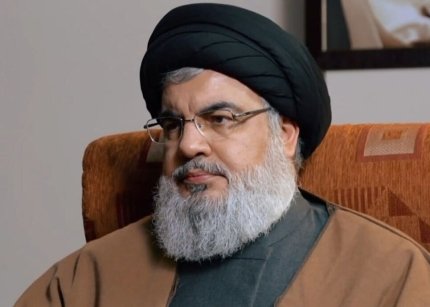On September 27, IDF spokesman Rear Admiral Daniel Hagari said that the Israeli Air Force struck the main headquarters of Hezbollah in the Lebanese capital, Beirut.
Points of attention
- Israel conducted a significant airstrike on Hezbollah's main headquarters in Beirut, resulting in the destruction of four buildings.
- The attack targeted high-ranking Hezbollah officials, with speculations on the fate of the leader, Hassan Nasrallah.
- The Israeli Air Force struck the Hezbollah stronghold in Dahiya, Beirut, prompting investigations into the possible death of Nasrallah.
- Warnings were issued to Lebanese residents to avoid areas with Hezbollah presence amidst escalating tensions.
- Israel's actions have heightened tensions in the region, with concerns about the impact on Lebanon-Israel relations and regional stability.
Israel attacked the headquarters of Hezbollah in Lebanon
Hagari noted that the headquarters was built under civilian buildings in the suburb of Dahiya, a known Hezbollah stronghold in Beirut.
According to sources in Lebanon's security agencies, the Israeli attack was aimed at an area where high-ranking Hezbollah officials are usually based.
According to the al-Manar TV channel, which belongs to Hezbollah, as a result of numerous strikes, four buildings were destroyed and there are victims.
Israel is currently investigating whether Hezbollah leader Hassan Nasrallah was at the terrorist group's headquarters in Beirut at the time of the Israeli Air Force strike.

A source close to the group denied Nasrallah was killed or injured, saying he was "fine".
According to an official familiar with the details, the US was notified of the impending strike in Beirut minutes before it was launched.
As an unnamed Israeli official said, during the attack on the headquarters of Hezbollah in Beirut, Israel tried to destroy Nasrallah.
According to a CNN correspondent, the Israeli military is working to verify whether he was killed in the strike.
Israel sends text messages to the Lebanese
Residents of southern Lebanon received warnings on their phones.
The Lebanese were warned of the danger and advised to avoid places where there are Hezbollah facilities. There was also advice to evacuate if there are militants in the settlement.
Lebanese Information Minister Ziad Makari said he had also received such a warning. He called it part of a psychological war waged by Israel.



